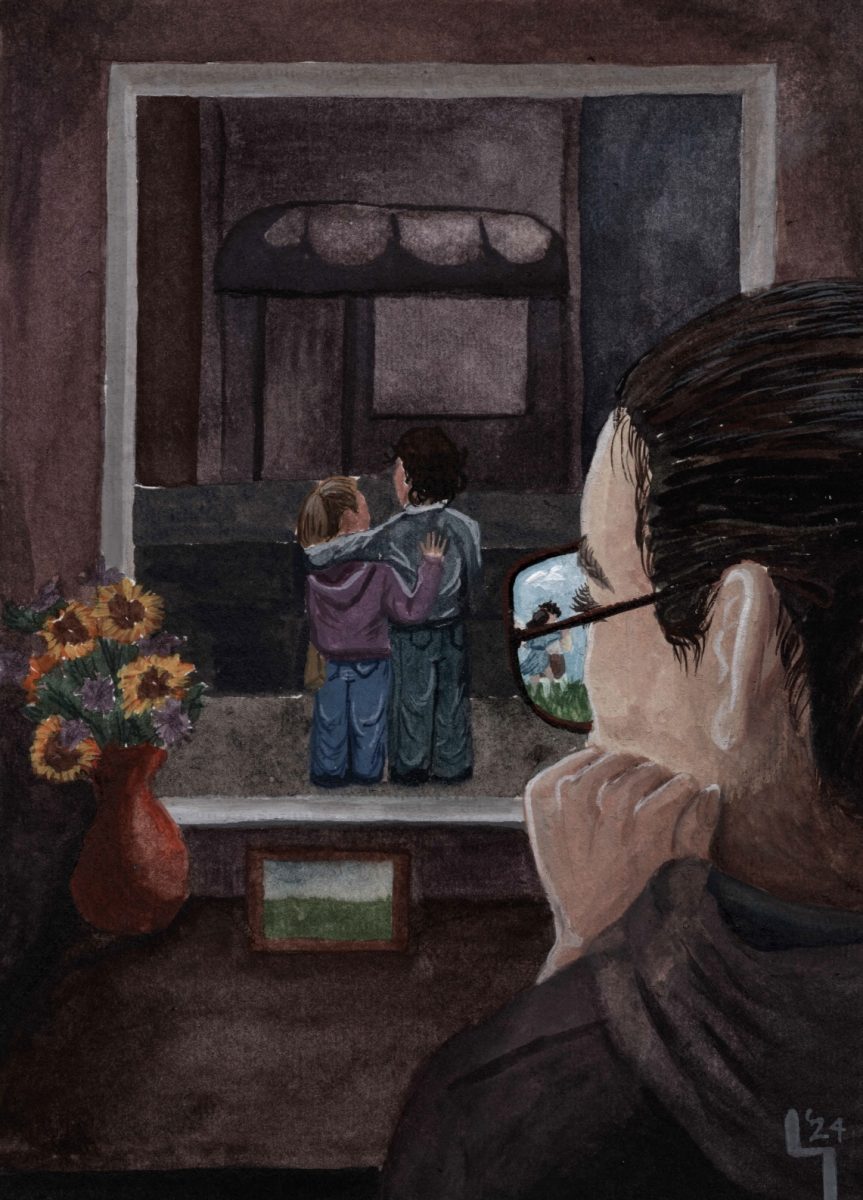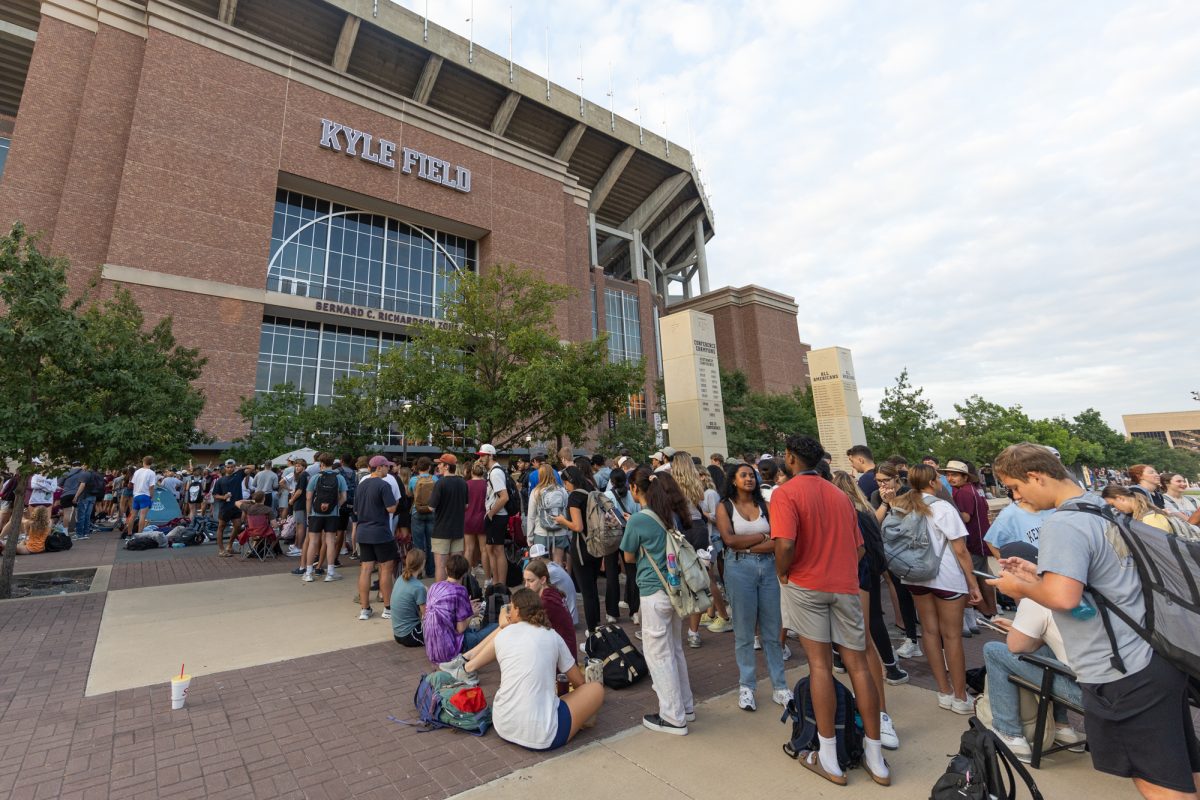If you think your organization has had to accomplish some herculean efforts during the COVID-19 pandemic, consider this: Over the past several months, the price of nursing scrubs has jumped from $9 to $25. That’s according to Lauren Carroll, the executive director of the Brazos Valley Sexual Assault Resource Clinic (SARC).
It’s an odd but important figure on which Carroll has had to keep an assiduous eye: When survivors of sexual assault go to the hospital, investigators sometimes take their clothes as evidence. Survivors need something to wear when they leave, something which, preferably, won’t draw attention. So in a stroke of cleverness, SARC provides them with nursing scrubs. No one looks twice at a nurse leaving a hospital.
Managing a spike in the cost of nursing scrubs is one of the more unexpected adjustments Carroll and her team have had to make since early March, when the World Health Organization declared the coronavirus a pandemic. Luckily, they had something of a head start. During a family get together last Christmas, Carroll’s cousin, a medical doctor, warned her that she and her team needed to prepare for what we now recognize as our new reality.
As it turns out, there isn’t a playbook for helping survivors of sexual assault during a pandemic. There was no binder hidden away in a forgotten filing cabinet that could be dusted off.
Carroll would know. She checked.
She began by contacting non-profit agencies such as the Texas Association Against Sexual Assault. She asked them, “What are you guys doing? What’s the plan?”
But no one had a concrete plan. Why would they? No one prepares for a disease that’s far deadlier and more communicable than the seasonal flu. No one prepares for a month-long shelter-in-place order. In fact, the last comparable pandemic America experienced was the Spanish Flu in 1918.
1918.
This isn’t a once-in-a-lifetime event. It’s a once-in-a-century event. It’s an occasion in which you have to, with all the poise you can muster, throw out your existing protocols and come up with something new.
No pressure.
Carroll started by drawing on 16 years of experience in social services — working on, among other things, protective orders for domestic and sexual violence survivors. She also drew on her experience living in Florida (where there are seasonal hurricanes), Tennessee (where there are seasonal tornadoes) and Philadelphia (where there are seasonal snow storms).
That means she and her team had a rough idea of what to expect. They’d get hit from both sides. There’d be a spike in sexual violence and a decrease in the clinic’s ability to manage them.
The usual factors would cause the spikes. High levels of stress, alcohol consumption and the inability to leave home directly correlate with higher rates of sexual assault, Carroll said. Hurricanes, tornadoes, snow storms and, yes, pandemics increase these factors en masse. (If you’ve ever had to insure a home before, this is why insurance companies sell protection against “acts of God” separately: they don’t simply affect individual residences, they affect communities.)
The dip in the clinic’s ability to manage the increase would be more complicated. The usual factors would still be present — it is now more difficult to get grant money, for example — but the specific nature of a pandemic would be the larger concern.
The communicability of the virus makes relocating survivors who live with their abusers trickier. For example, before the clinic could temporarily relocate a college student to live with their grandparents. But the way in which the virus spreads (as well as the danger it poses to the elderly) makes that option a non-starter. Now they have to be more thorough when exploring relocation possibilities.
And it also affects how SARC’s counselors provide care. The clinic is still open should survivors want to come in (the clinic provides masks and other sanitary products), but the vast majority do not. Carroll works in the office mostly by herself now. The counselors do their best to provide services via telecommunication, but most will tell you that trauma care is best done in person rather than over Zoom.
“If someone is crying or very upset or [they’ve] had a crisis, you can’t reach out and comfort someone or show [compassion] by your body language,” Carroll said. “It’s very difficult.”
So the clinic has needed to retrain their counselors to provide care through a narrower channel of communication. Counselors need to be more careful with the specific words they use and more closely monitor the tone of their voice.
“It’s all about them, [the survivors]. So we’re gonna meet them where they are,” Carroll said.
Though some of the challenges SARC face are specific to them, they do provide a useful lesson for those trying to make it to the other side of the pandemic. All one can reasonably do is three things: make use of their own experience, control those things over which they have some say and not lose sight of their priorities.
Do that, and one can consider themselves successful.















